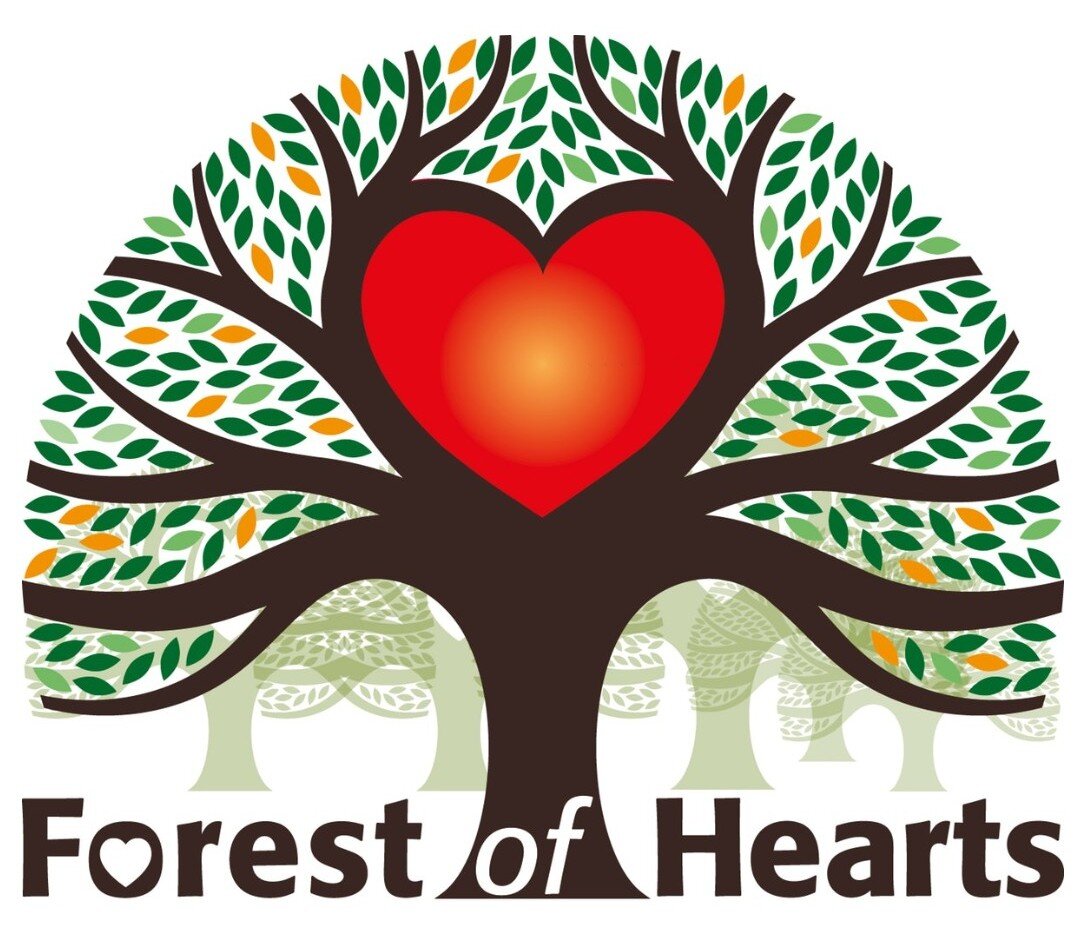Getting used to rural living
Guest blog by Ann Johnson
We grabbed the chance this year to take a month’s summer holiday, it provided a great opportunity to really unwind and simply take our time to really explore an area of Holland called Noord Brabant. The choice of location was easily determined as it’s the region of the Netherlands that our youngest daughter, her husband and their lovely young children live.
We booked a ground floor spacious apartment on a farm near to a small town called Middlebeers, the farm had over a 150 milking cows, chickens, goats and horses; it was an idyllic setting in the middle of a tapestry of fields, one where the peace of the evening was broken by cows mooing and in the morning our sleep was disturbed by a noisy cockerel, all so different to our urban home life.
You may not know that the Netherlands is the second-largest exporter of food in the world with Noord-Brabant being the biggest agrifood region in the Netherlands and accountable for 20.6% of all Dutch agrifood production. Everywhere we looked there were flowers growing, crops being planted, cattle in the field and tractors slowing down the traffic on all the country roads.
Certainly, a great find, a wonderful stay and a place we have already booked to return to in 2023, however it has left me reflecting on life in the countryside and how it takes some getting used to. When asked by one of my daughters’ Dutch friends about our accommodation in Middlebeers I found myself saying its great, it could only be made perfect by being in walking distance to a village or town. Why did I say this? Would it have made a real difference? And why? Or was it me wanting somethings to be the same as living in my own home where we can so easily pop out to the shops, something we take for granted.
On reflection it made me think of my mother who often said I would love to live in the countryside, but what would I do? How would I get places?
But perhaps its wrong to compare life in urban spaces to that of rural living, it left me thinking about the importance of adapting, asking the question why its important to always be or seek to find places that are directly near shops, bars and people and is this truly needed in order to live in the countryside, surely, we should immerse ourselves, to indulge in a life that has a real sense of slowing down. I guess it’s a culture shock but it should be in a good way, it should be perfect because it is so different to the norm, it provides that rare opportunity to stop and listen to different sounds, to sense and value nature.
In an article produced by Move Home Faster it states that “For many people, the idea of a home in the countryside represents a dream come true; a long-cherished life goal or a reward for many years of hard work. That’s because there are numerous unique benefits to rural life that simply can’t be found in the busy city” But I think at first, with our month away I was just thinking about what I was missing and not simply relishing in what I had now discovered.
We had fresh eggs off the farm and of course as with everywhere there was a grocery shop within a 10-minute drive, looking back it was in fact great, it just needed us to adapt to it. I am sure when we return next Easter and again in the summer of 2023, we will become accustomed to this lovely way of life.
Forest of Hearts has a passion for not simply bringing people out to the countryside but bringing the countryside and the value of growing food to urban spaces, perhaps as these initiatives broaden people will acclimatise much more easily to rural environments.

